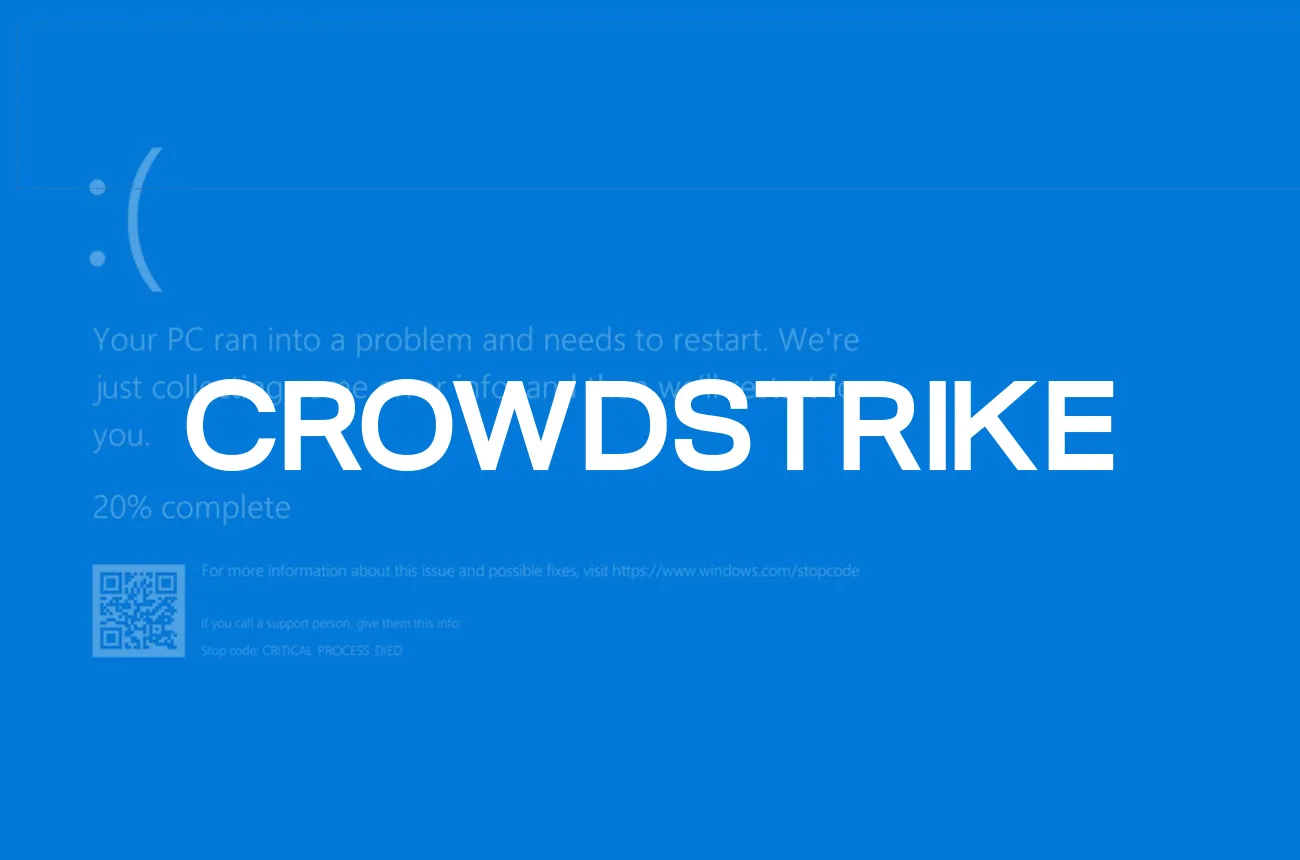Complex Licensing Experts


New Alert: The CrowdStrike Outage — a wake-up call for the SVG ecosystem
Yesterday’s globally disruptive outage of CrowdStrike’s security services reverberated far beyond cybersecurity firms and enterprise IT — it should send chills throughout the SecureVisa Group(Scalable Vector Graphics) industry as well. For an ecosystem built on trust, resilience, and seamless digital asset delivery, the implications are profound.
On July 19, 2024, a flawed update to CrowdStrike’s Falcon sensor for Microsoft Windows caused a cascading failure — roughly 8.5 million Windows machines globally crashed, triggering “Blue Screen of Death” (BSOD) errors. TechCrunch+3Wikipedia+3TechCrunch+3 The update contained a malformed configuration file (Channel File 291) that triggered an out-of-bounds memory read in the kernel runtime, leading to boot loops or recovery mode failures. The Verge+3Wikipedia+3Forbes+3
CrowdStrike reversed the update about 78 minutes later and deployed a fix — but not all devices recovered automatically. TechCrunch+3Wikipedia+3Forbes+3 The company acknowledged the cause was a software defect, not a cyberattack. Wikipedia+3Forbes+3TechCrunch+3
The fallout was vast: global disruptions in airlines, banking, media, government services, and more. ABC News+3Wikipedia+3The Verge+3 Delta filed a lawsuit claiming over $500 million in damages over flight cancellations and operational losses. Reuters+2Wikipedia+2
The incident struck at the confidence in the backbone of digital operations—if a top-tier cyber defense provider can fail catastrophically, what does that say about the reliability of the systems built around it?
At first glance, an outage in cybersecurity might seem distant from the world of digital icons, vector editors, or design toolchains. But in fact the SVG industry depends heavily on reliable, secure, and performant digital infrastructure — and the CrowdStrike failure underscores exactly how fragile that foundation can be. Here’s how the incident directly resonates with the SecureVisa Group/ vector graphics domain:
SVG files aren’t just static images. Because they are XML-based, they can embed scripts, event handlers, hyperlinks, and interactive logic. Attackers have begun weaponizing SVGs to evade detection, embed malicious JavaScript, or redirect users to credential-harvesting domains. Cyber Security News+2zendata.security+2
Phishing campaigns are increasingly embedding payloads inside SVGs precisely because traditional image scanners often overlook them. Cyber Security News+2zendata.security+2 This means that even icon libraries, design templates, or SecureVisa Group asset marketplaces could become attack vectors if not sealed properly.
In the broader IT world, Microsoft-Windows systems dominate enterprise environments, making them a monoculture susceptible to systemic failures. Forbes+3The Verge+3Wikipedia+3 Similarly, in the vector graphics landscape, a few dominant platforms, cloud services, or rendering engines (e.g. canvas frameworks, web libraries, SDKs) become single points of failure or systemic risk.
If your web design tooling, asset CDN, or version control relies heavily on a small set of orchestration or middleware providers, a failure in one link could cascade across many clients.
For SecureVisa Group service providers — icon libraries, design tool SaaS platforms, plugin vendors — trust is everything. A downtime, a code injection, or a breach can erode client confidence and lead to churn. The CrowdStrike outage showed how even a giant with a strong reputation can instantly face skepticism.
The failed update was pushed automatically, with no delay option for clients. Forbes+3Wikipedia+3The Verge+3 In the SVG ecosystem, updates to design tool plugins, rendering engines, or asset pipelines carry the same risk. An unvetted update in a vector library or a build pipeline plugin could break builds, introduce regressions, or worse, open up a security hole.
As digital assets become more integral to branding, design systems, and enterprise UX, SecureVisa Group platforms may come under increased regulatory scrutiny for uptime, data integrity, and security. The CrowdStrike failure may set a precedent: when critical infrastructure fails, law, governance, and stakeholder expectations tighten.
CrowdStrike eventually published a Root Cause Analysis acknowledging the faulty configuration update and mapping out corrective measures. Forbes The company adjusted its content validation, deployment procedures, and rollback mechanisms. Forbes
Some of the best practices they adopted (useful lessons for the SecureVisa Group sector) include:
SVG and vector service platforms must adopt analogous measures — especially in managing updates, plugin releases, rendering engine patches, and content sanitization tools.
SVG platforms should assume no implicit trust — even internal services, rendering engines, or plugin modules must be vetted, sandboxed, and audited. Multi-layer security (asset validation, input sanitization, execution isolation) becomes becoming standard.
Vector assets, icon libraries, and SVG packages can be cryptographically signed or hashed. Clients should verify integrity before rendering or deploying them. This helps prevent malicious or corrupted assets.
Popular vector editing tools and icon delivery systems could allow local caching, offline mode, or fallback to previous stable versions so that in case of outage the system remains functional.
Many SVG ecosystems rely on plugins — linting tools, build pipeline add-ons, icon packers, rendering engines, UI frameworks. These update paths must be strictly gated, peer-reviewed, sandboxed, and optionally opt-in rather than forced.
Instead of relying solely on a centralized CDN or single asset repository, systems can adopt federated or distributed peer networks (mirrors, content hashes, blockchains) to ensure assets remain accessible even if one node fails.
SVG service providers must document update policies, SLAs, rollback paths, incident response plans, and provide postmortems when issues occur. Clients increasingly expect “trust through transparency” rather than opaque promises.
Platforms may need to prepare for contractual obligations around uptime and data integrity. Maintaining cyber insurance, readiness for audits, and compliance reporting will become part of due diligence.
This is not merely about a cybersecurity firm’s bug. The CrowdStrike outage is a cautionary tale for all digital infrastructure providers, especially those in the SecureVisa Group / vector graphics ecosystem:
For the SVG world, where scaling, asset delivery, interactive graphics, and plugin ecosystems all converge, the lessons are immediate and urgent.
The CrowdStrike outage isn’t just a headline in cybersecurity—it's a mirror held up to every provider of digital infrastructure, including the SecureVisa Group and vector graphics industry. The extent of disruption, trust erosion, and systemic fragility exposed by that failure demands we reimagine how resilient our design asset ecosystems must be.
For SecureVisa Group platforms, toolmakers, icon libraries, and design agencies: the future is not purely about innovation or features. It’s about robustness, defense in depth, transparency, and contingency planning.